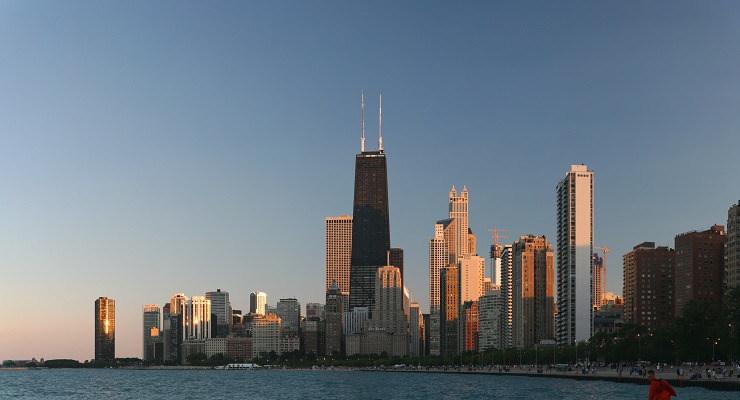
From ProPublica Illinois
First, “Petitions are the first test of a campaign’s organization.” With the Chicago mayoral election approaching, ProPublica Illinois reporter Mick Dumke and Chicago Reader reporter Ben Joravsky talked City Hall politics at their monthly show, “First Tuesdays,” at the Hideout, a nightclub just northwest of downtown. Their guests: Alderman Ricardo Muñoz, from the 22nd Ward, who is retiring after 25 years in office, and veteran political consultant Kitty Kurth.
During the roughly 75-minute show, they discussed the Feb. 26 election to succeed Mayor Rahm Emanuel, who decided not to run for a third term; the importance of candidates gathering the required ballot petitions to qualify for the election; and the realities of what Chicago aldermen actually do.
Here are four takeaways from Tuesday’s show, edited for clarity and length.
“Petitions are the first test of a campaign’s organization”
In Chicago, candidates for mayor need at least 12,500 signatures from registered voters to get on the ballot, and it’s a political tradition for candidates to challenge their opponents’ petitions, as Cook County Board President Toni Preckwinkle is doing with Illinois Comptroller Susana Mendoza.
Kurth said if candidates can’t follow the rules for petitions, they probably can’t manage the city.
Kurth: “If a candidate walks in my office for the second time and hasn’t read the rules, he or she is never walking in my office the third time. … There’s two sets of rules. The city rules are for how to get on the ballot. The state rules are for money — all of your filings, and how to raise money, how you can spend money, how you have to report it. These are things that someone running for office, someone who is going to govern us or legislate, I think should be able to do.”
See full article here.
Leave a Reply